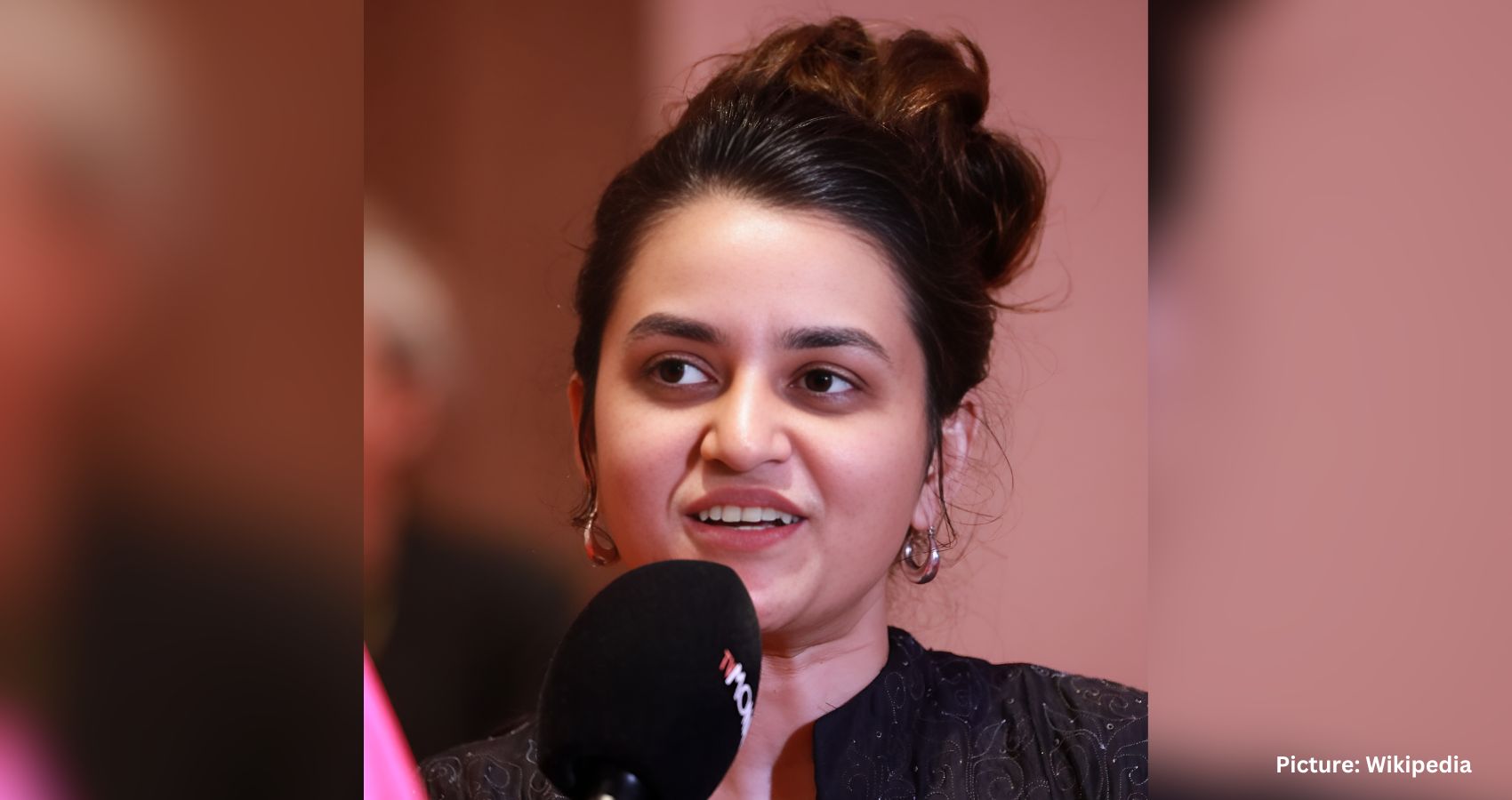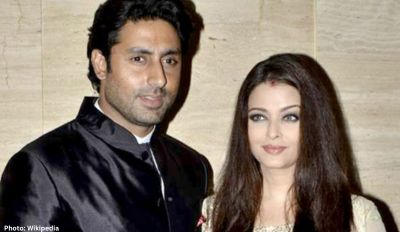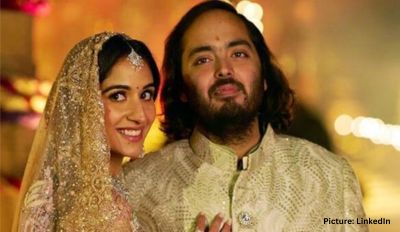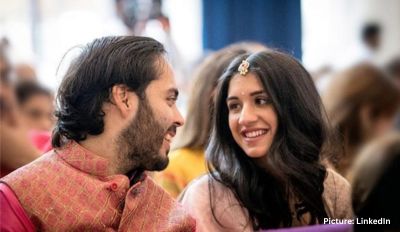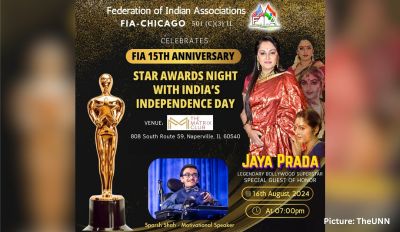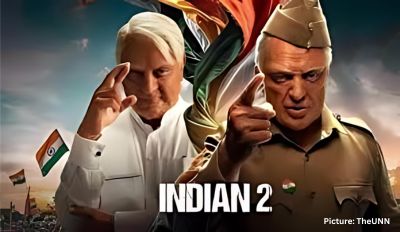Filmmaker Payal Kapadia achieved a historic milestone on Saturday by becoming the first Indian to win the Grand Prix at the 77th Cannes Film Festival. This award is the second highest honor after the Palme d’Or.
Kapadia’s film, “All We Imagine As Light,” is a drama about two Malayali nurses who move to a beautifully depicted Mumbai, exploring themes of life, love, and sisterhood. Remarkably, it is the first Indian film in three decades to compete in the main competition at Cannes.
“It was already a dream to be selected in competition and this was beyond my imagination,” Kapadia said in her acceptance speech, addressing the Cannes jury, which included director Greta Gerwig and actor Lily Gladstone. She added, “Please don’t wait another 30 years to have an Indian film,” eliciting applause from the audience.
The victory has caused a wave of celebration across India, with numerous people, including top politicians, acknowledging its significance on social media. Prime Minister Narendra Modi expressed his pride on X, saying, “Her remarkable talent continues to shine on the global stage, giving a glimpse of the rich creativity in India. This prestigious accolade not only honors her exceptional skills but also inspires a new generation of Indian filmmakers.”
Rahul Gandhi, a prominent leader of the Indian National Congress, along with Anasuya Sengupta, the first Indian actor to win Best Actress for her role in “The Shameless” in the festival’s Un Certain Regard section, also congratulated Kapadia. Gandhi noted, “Indian stars shining bright… These women have scripted history, and inspired the entire Indian film fraternity.”
Sooni Taraporevala, a screenwriter known for “Salaam Bombay!” which won the Camera d’Or at Cannes in 1988, commented to CNN on the significance of Kapadia’s “unprecedented” win. She emphasized that it “has personally touched women and those in the indie film space,” adding that it has “allowed us to dream and hope and celebrate her with unabashed pride and joy,” especially in an industry often dominated by mainstream productions.
“All We Imagine As Light” received an eight-minute standing ovation at its festival premiere, a testament to its powerful storytelling and emotional impact. The film’s portrayal of the romance between the protagonist Prabha (played by Kani Kusruti) and her Muslim boyfriend (Hridhu Haroon) is particularly bold, reflecting the country’s increasing polarization along religious lines.
Despite being the largest film-producing country in the world, India has often struggled to achieve the same level of international recognition and accolades as Hollywood. However, there have been notable successes. Last year, the Telegu-language historical fantasy “RRR” became the first Indian feature film to win an Oscar for best original song with its catchy and vibrant “Naatu Naatu.” Additionally, “The Elephant Whisperers,” directed by Kartiki Gonsalves, won the Oscar for best documentary short.
India’s cinematic achievements at Cannes have a storied history. In 1947, filmmaker Chetan Anand won Cannes’ top prize for his film “Neecha Nagar,” making him the only Indian to win that accolade until now.
Kapadia’s earlier work has also been celebrated at Cannes. In 2021, she won the festival’s L’Oeil d’Or award for her documentary “A Night of Knowing Nothing,” which follows a film student in India as she tries to maintain a relationship with her ex despite the challenges posed by their different castes.
This latest win by Kapadia at Cannes marks a significant moment not only for her career but also for Indian cinema as a whole. It highlights the rich narrative and artistic capabilities of Indian filmmakers and sets a new precedent for future generations. The global recognition of her film underscores the importance of diverse storytelling and the universal appeal of well-crafted cinema.

